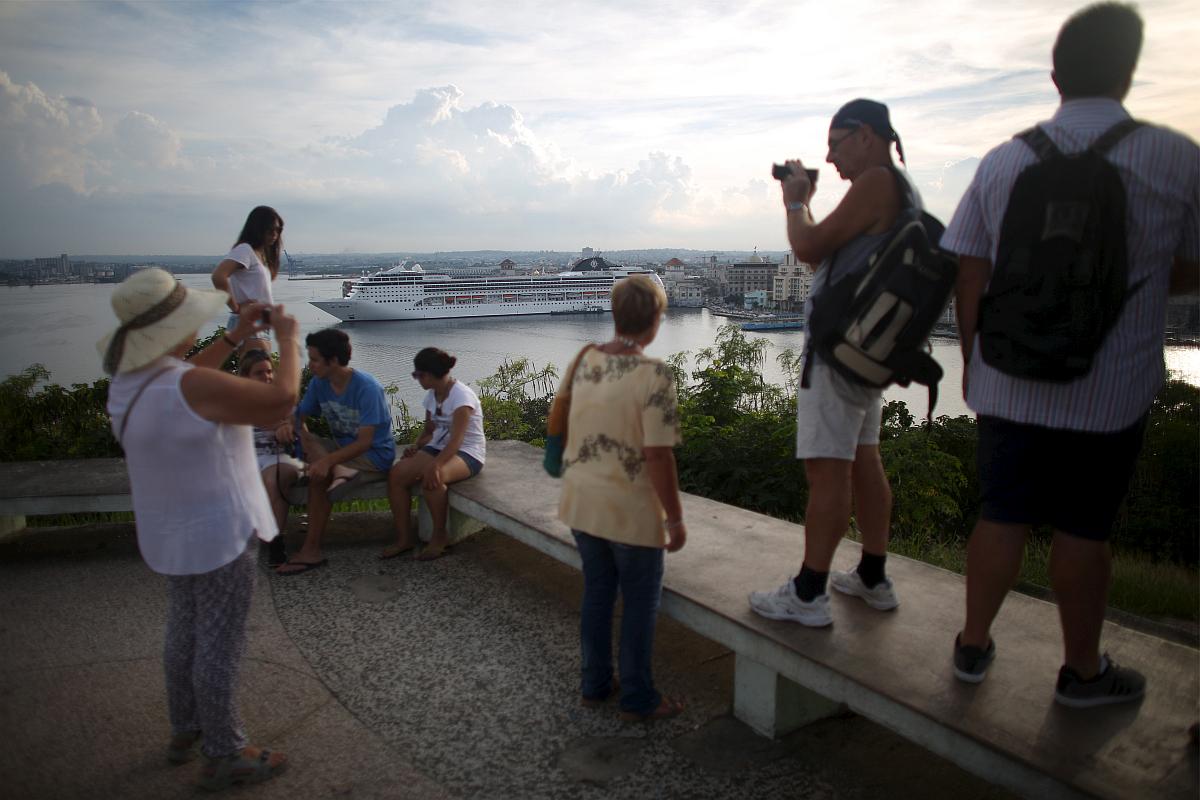The Slovenian Computer Emergency Response Team SI-CERT advises caution when dealing with online booking of tourist accommodations, as every year the number of such frauds is increasing rapidly.
SI-CERT explained that the German tourist most likely fell for a very tempting cheap offer for a holiday accommodation, such as are quite common on the web.
"Web swindlers cheat in such a way that web users don’t even notice that something isn’t right,," Marta Štefanič from SI-CERT explained, and continued: " Instead of paying with Paypal, recommended by Ebay, which is the safest option, they allowed the seller to convince them to pay with a money order."
More and more Slovenians fall victim to web frauds as well. In 2008 only 49 web frauds were recorded, while last year there were 900. It is good to be cautious, therefore SI-CERT is warning the users should be aware of the first signs of web frauds. An advertisement by a foreigner at the Slovenian portal, a short validity period of an advertisement – as very soon somebody reports it – or an extremely low price of accommodation should make you suspicious!
"A swindler sets a bait, and because it is such a great offer, and very cheap, the alarm such offer would normally trigger in our mind falls silent. The user then believes that such a great offer requires a prompt response, before somebody else grabs it," Štefanič explains.
Most Slovenians however still have more faith in tourist agencies than in online holiday providers.
"The most important reason is the fact that it is easier to solve conflicts, e.g. when we don’t get what we paid for; the ‘old-fashioned’ travel agents have at their disposal more efficient claim management solution systems," Emil Juvan from the Faculty of Tourism Studies explained
But if you fall victim to web fraud, they advise: "If you sent money order through a bank, you must stop it. You should consult your bank."
As such frauds are a criminal act, they should be reported to the Police.
Aleksandra Trupej in Mojca Petrič Bužan, TV Slovenija


































































